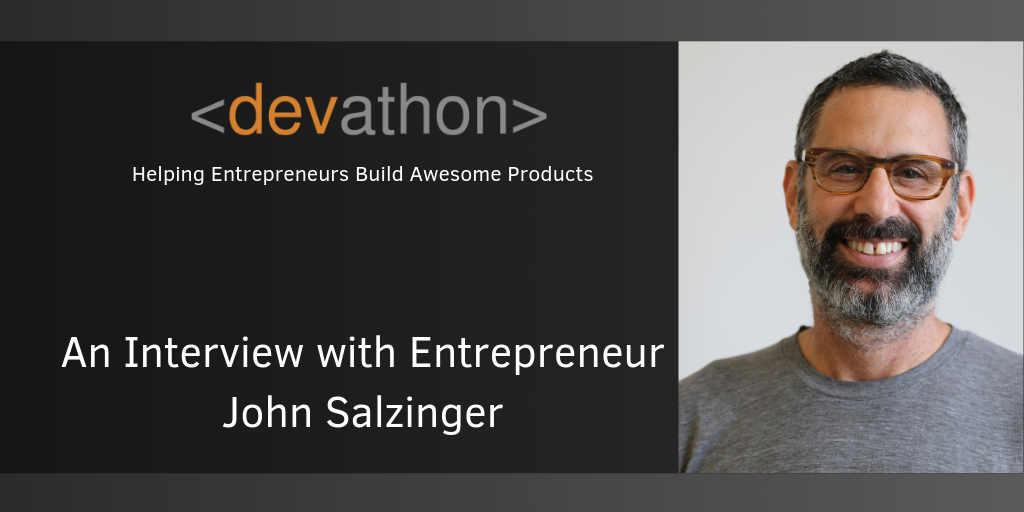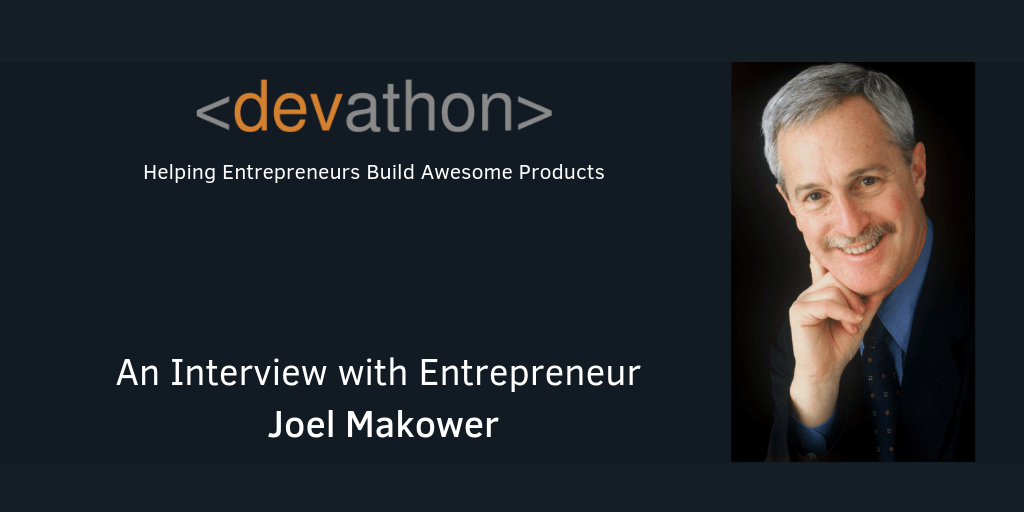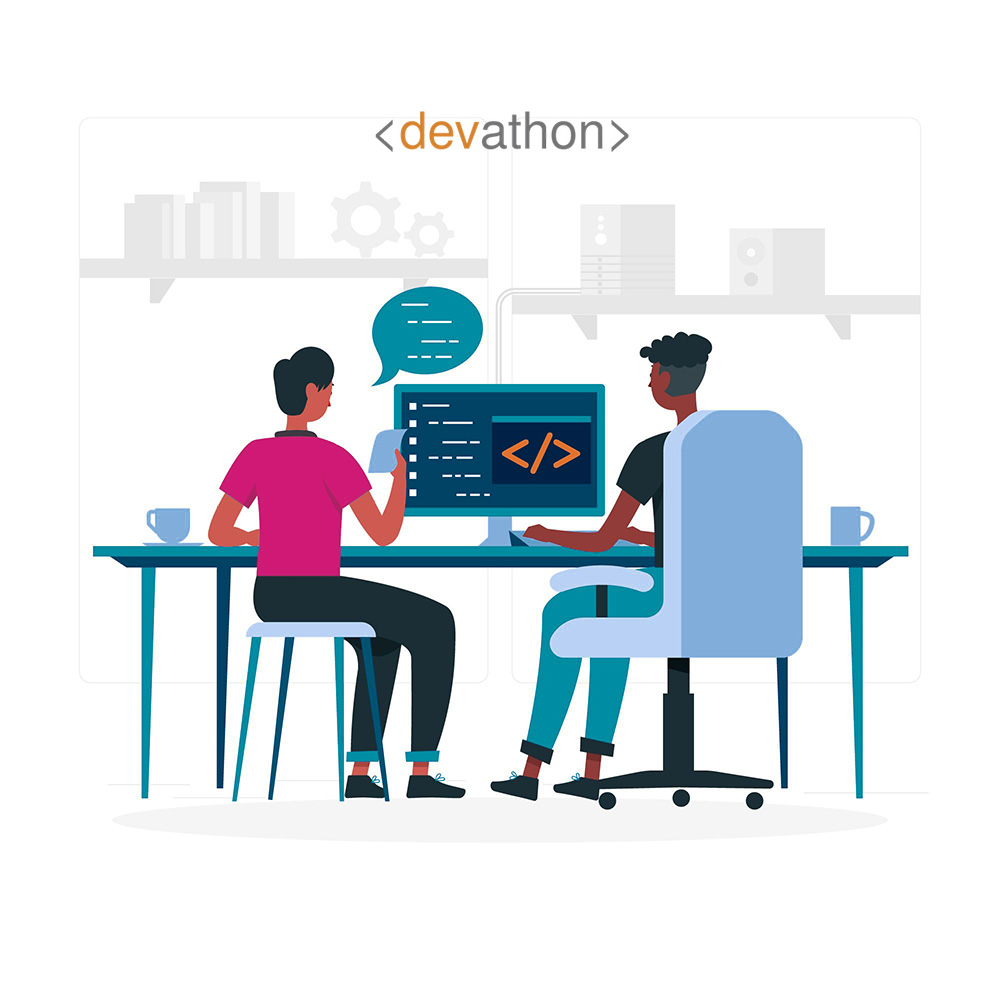An Interview with Entrepreneur Brad Jefferson
As CEO and co-founder of Animoto, Brad leads the charge in driving Animoto to be the global leader in do-it-yourself video making for businesses, photo professionals, and consumers. Animoto has 100 employees and over 100,000 paying customers across their web and mobile products. Prior to Animoto, Brad spent eight years with Onyx Software, an enterprise software company, that grew from a 17-person start-up when he joined to an 800-person public company that was eventually acquired. Brad lives in Oakland, CA, with his wife and two children, all of whom star in lots of Animoto videos.
Are you an entrepreneur looking for your MVP built? Get in touch with us at hello@devathon.com
Devathon has built software for companies backed by the world’s leading investors like Betaworks, Greylock, Andreessen Horowitz, Accel, KPCB, Lightspeed and many more.
In the following interview, Brad talks about his firm Animoto, his entrepreneurial journey, struggles and the lessons learned along the journey.
When did you first discover your entrepreneurial spirit and How is your entrepreneurial career developing so far?
As a kid, I liked doing jobs around the neighborhood, but the entrepreneurial bug hit hard in college. It’s was the mid 90’s and the potential for the internet was actively being imagined, with college kids as some of the earliest adopters and innovators. My two Animoto co-founders attended the same college (and same high school before that), and we had the idea to create an early Facebook precursor for the college called the Dartmouth Interactive Directory (the D.I.D., super catchy, right?). We launched it our senior year and it was so popular that it took the college network down. Between that experience and my internships at Onyx Software, I was hooked on entrepreneurship. More than anything, I think of entrepreneurship as an opportunity to express yourself and try to make the world a little better or more interesting. While lots of careers at bigger companies can achieve the same goal, I like the thrill and challenge of starting from scratch.
What has been the biggest success and biggest failure stories you went through?
I played sports growing up where successes and failures are very easy to tabulate as wins and losses. I had my share of crushing defeats and miraculous wins. In business, I think of it differently. Perhaps it’s because I’ve been running Animoto for 12 years now, so I have the advantage of perspective. In business, I think of the journey as an S-Curve of growth and try to be very realistic about the inevitability of lows (and hopefully highs) in business. The key for a leader is never to get too enamored with the highs and never too depressed with the lows, but always continue to push forward.
How did you come up with the idea for Animoto and how did it all start?
Since we’re a video company, here’s a short video of my co-founders and me telling our founding story: https://animoto.com/play/pyrJNUvY0ayRK4OF932rWA
Tell us something about Animoto.
We’re headquartered in NYC with an office in San Francisco, where I’m based. We have customers in all but five countries in the world.
What are your growth plans for the near future?
Our strategy is squarely focused on helping DIY Marketers create powerful, professional videos. While the toolkit for DIY Marketers currently includes tools like Squarespace, Mailchimp, and Canva to easily create websites, email campaigns and graphic design, respectively, we believe that video is the next obvious tool needed. We’re pushing to follow the growth footsteps of those companies.
Looking back, what did you learn and what would you have done differently?
In the early days of Animoto, I stressed about every decision and often took longer to make a decision than I should have. The advantage is that I was right far more often than I was wrong, but there’s non-trivial collateral damage in taking too much time to decide. For example, if a team is waiting, then they aren’t as productive as they could be. Also, if the decision is to resolve differences of opinions within the team, then prolonged time makes the in-fighting escalate and is bad for morale. Now, in my leadership role, I try to make decisions as quickly as possible, even when I don’t have complete information. There’s a recent book I read on this topic that I really enjoyed called, Thinking in Bets, by Annie Duke. One of her primary points is that all decisions have a certain probability of succeeding and a certain probability of failing. As such, you must inform yourself with all the information and data that are available to make the decision but once it’s made realize that even a decision that has a 90% chance of succeeding will fail 10% of the time. So if it fails it doesn’t mean it was a bad decision, it was still the right call that you should make every time. Another key to making important decisions is that it’s unrealistic to assume you can drive to consensus every time. Instead, drive to commitment. I go out of my way to make sure everyone understands the logic behind the decision. It’s okay to disagree but you still need to commit. I’m 100% okay with people disagreeing and committing, as long as they commit fully.
In your opinion, what are the hurdles that keep people away from starting an entrepreneurial career? What advice would you give to the new entrepreneurs?
One of my favorite things about entrepreneurship is that it’s very easy to get started, assuming you have your basic costs of living under control. Anyone can be a founder and CEO. But I think it’s fairly well known that only about 10% of entrepreneurial ventures succeed, and probably only 10% of those that succeed do so in a spectacular fashion. So the odds are stacked against you.
The advice I like to give new entrepreneurs is to bet on yourself. If you have a vision that compels you and you’re the type who’s determined and willing to put in the effort and time, give it a shot! But since the odds are so heavily stacked against you make sure you’re working on something you love with people you respect. Worst case, you try and fail. However, you’ll learn so much and will be that much better the next time you try.
Are you an entrepreneur looking for your MVP built? Get in touch with us at hello@devathon.com
Devathon has built software for companies backed by the world’s leading investors like Betaworks, Greylock, Andreessen Horowitz, Accel, KPCB, Lightspeed and many more.




